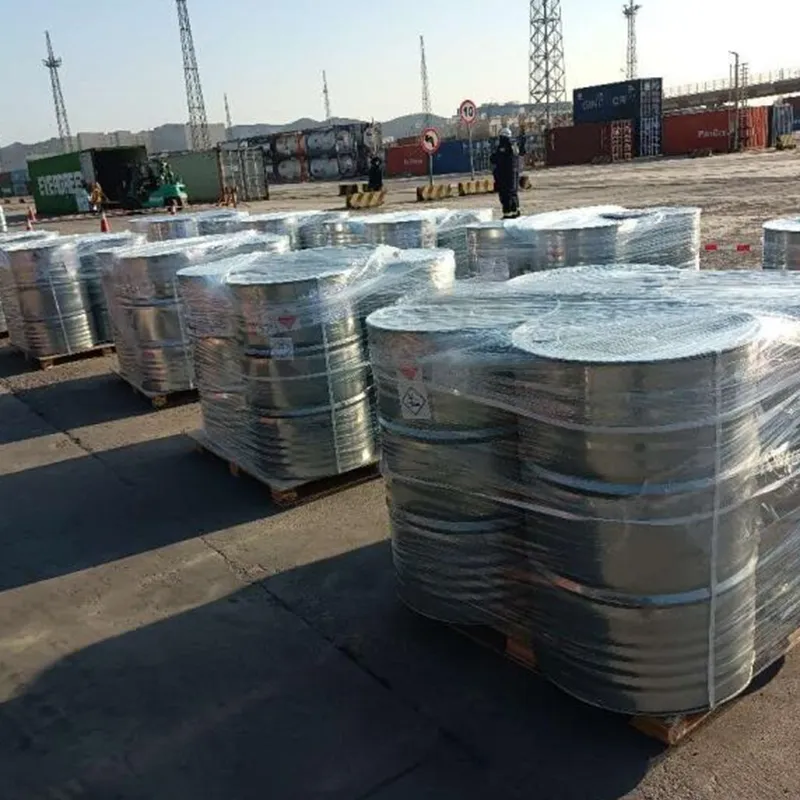
Potential Health Risks of Carcinogenic Preservatives in Food Products and Their Impact on Consumers
The Dangers of Carcinogenic Preservatives A Closer Look
In an era where health consciousness is on the rise, the inclusion of preservatives in our food has become a contentious topic. While preservatives play a crucial role in extending the shelf life of products and preventing foodborne illnesses, some of them have garnered attention due to their potential carcinogenic properties. This article delves into the nature of carcinogenic preservatives, their impact on health, and how consumers can make informed choices.
Understanding Preservatives
Preservatives are substances added to food products to inhibit spoilage caused by microorganisms and to maintain the quality of food over time. Common types of preservatives include antioxidants, which prevent rancidity, and antimicrobial agents that inhibit bacterial growth. However, not all preservatives are created equal, and some have raised significant health concerns.
Carcinogenic Preservatives
The term 'carcinogenic' refers to compounds that are capable of causing cancer in living tissue. Among the preservatives that have been identified as carcinogenic or potentially carcinogenic are
1. Sodium Nitrite and Sodium Nitrate Often used in processed meats such as bacon and sausages, these preservatives can convert into nitrosamines during cooking, especially at high temperatures. Studies have linked nitrosamines to an increased risk of certain cancers, particularly colorectal cancer.
2. BHA (Butylated Hydroxyanisole) and BHT (Butylated Hydroxytoluene) Commonly used as antioxidants in various processed foods, BHA has been classified as a possible human carcinogen by the International Agency for Research on Cancer (IARC). Some animal studies suggest a link between BHA and cancer, prompting concerns about its safety.
3. Propyl Gallate Another antioxidant used in processed foods and cosmetics, propyl gallate has been suspected of causing cancer in laboratory animals, which raises questions about its safety in human consumption.
4. Sodium Benzoate Frequently used in acidic foods such as salad dressings and carbonated drinks, sodium benzoate can form benzene, a known carcinogen, in the presence of vitamin C and under certain conditions. Although the levels are typically low, the potential for harmful chemical reactions exists.
Health Implications
carcinogenic preservatives

The health implications of consuming carcinogenic preservatives are particularly concerning, especially given the prevalence of processed foods in modern diets
. The World Health Organization (WHO) and other health organizations have urged consumers to be cautious about the intake of processed foods and to be aware of the ingredients listed. A diet high in processed foods has been linked to a variety of health issues, including obesity, type 2 diabetes, and various forms of cancer.Making Informed Choices
Given the potential risks associated with carcinogenic preservatives, consumers are encouraged to take the following steps to minimize their exposure
1. Read Labels Always check food labels for preservatives. Familiarize yourself with the names of common preservatives and their potential risks.
2. Opt for Whole Foods Whenever possible, choose whole, unprocessed foods. Fresh fruits, vegetables, grains, and lean proteins are free from harmful preservatives and offer numerous health benefits.
3. Cook at Home Preparing meals at home allows you to control the ingredients that go into your food. You can avoid preservatives altogether by using fresh ingredients.
4. Be Cautious with Processed Meats Limit the consumption of processed meats that contain sodium nitrite and other harmful preservatives. If you do choose to consume them, consider moderation.
5. Educate Yourself Stay informed about food safety and the latest research regarding food additives. Understanding the implications of dietary choices empowers you to make healthier decisions.
Conclusion
While food preservatives serve important functions in food safety and longevity, the presence of carcinogenic preservatives cannot be overlooked. As consumers, being informed about what we put into our bodies is essential for maintaining health and well-being. By making conscious decisions about food choices and being aware of the ingredients in processed foods, we can reduce our risk of exposure to harmful substances and promote a healthier lifestyle. Ultimately, the power to make safe dietary choices lies in our hands.
-
The Safety Challenges of Ammonium Nitrate FertilizerNewsJun.26,2025
-
The Critical Role of Mining ChemicalsNewsJun.26,2025
-
Shelf Life of Glacial Acetic Acid Food GradeNewsJun.26,2025
-
Enhancing PVC Longevity with 1,2,3-Benzotriazole InnovationsNewsJun.26,2025
-
China’s Dominance in Food Additive ProductionNewsJun.26,2025
-
Can Aluminum Hydroxide Replace More Toxic Alternatives?NewsJun.26,2025
-
PE and PP Plastics with Benzotriazole AdditivesNewsJun.12,2025
Hebei Tenger Chemical Technology Co., Ltd. focuses on the chemical industry and is committed to the export service of chemical raw materials.
-

view more DiethanolisopropanolamineIn the ever-growing field of chemical solutions, diethanolisopropanolamine (DEIPA) stands out as a versatile and important compound. Due to its unique chemical structure and properties, DEIPA is of interest to various industries including construction, personal care, and agriculture. -

view more TriisopropanolamineTriisopropanolamine (TIPA) alkanol amine substance, is a kind of alcohol amine compound with amino and alcohol hydroxyl, and because of its molecules contains both amino and hydroxyl. -

view more Tetramethyl Thiuram DisulfideTetramethyl thiuram disulfide, also known as TMTD, is a white to light-yellow powder with a distinct sulfur-like odor. It is soluble in organic solvents such as benzene, acetone, and ethyl acetate, making it highly versatile for use in different formulations. TMTD is known for its excellent vulcanization acceleration properties, which makes it a key ingredient in the production of rubber products. Additionally, it acts as an effective fungicide and bactericide, making it valuable in agricultural applications. Its high purity and stability ensure consistent performance, making it a preferred choice for manufacturers across various industries.











